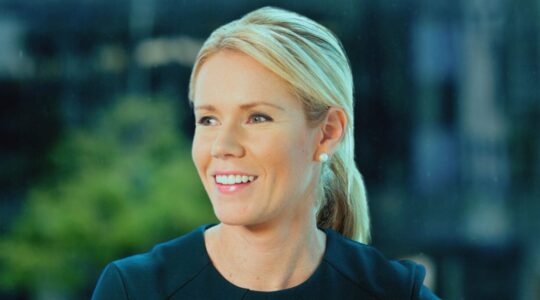A total social media ban for young people could have a detrimental impact on the very people such a move aims to protect.
In a new study, researchers from the University of South Australia found young children, aged 10 and 11, relied on technology to stay connected with immediate and extended families and to generate a sense of belonging among their friends.
Lead researcher Professor Sue Nichols said the benefits of children’s access to digital media was often overlooked.
“Current discussions about children’s use of digital media tends to be preoccupied with issues of risk,” Professor Nichols said.
“There’s a lot of talk around social media causing mental health issues, exposing children to inappropriate and pornographic content, and presenting an all-too-easy platform for cyberbullying.
“But what is typically omitted from these conversations is that digital technologies offer more than just risk and we need to consider this fully before jumping ahead of ourselves.”
Professor Nichols said how young children used digital media was integral to how they lived their lives.
“It is vital that we consider children’s agency in a world that, for them, has always included technology.
“Children in the 10 to 11-year-old age bracket frequently use social media to connect with their family and friends, and do so through messages, video calls or playful and humorous apps.”
She said social connection, a sense of belonging, practical assistance and organising daily life were all benefits children and families sought through digital media, with the immediacy, flexibility and multifunctionality of different apps being key to maintaining these relationships.
“Only when we contextualise digital technology in children’s lives, can we see the hidden benefits of digital connectivity.”
Co-researcher Dr Hannah Soong said any programs or policies put forward for children’s safe use of digital technologies must also be informed by children’s perspectives.
“It may come as a surprise, but children as young as 10 are more risk aware than you would expect, particularly as they’ve grown up with this technology,” Dr Soong said.
“We are now at a crossroads where broad-brush decisions are being made about the use of social media. We only ask that the whole picture be considered, and that children have a voice in their digital space.”








